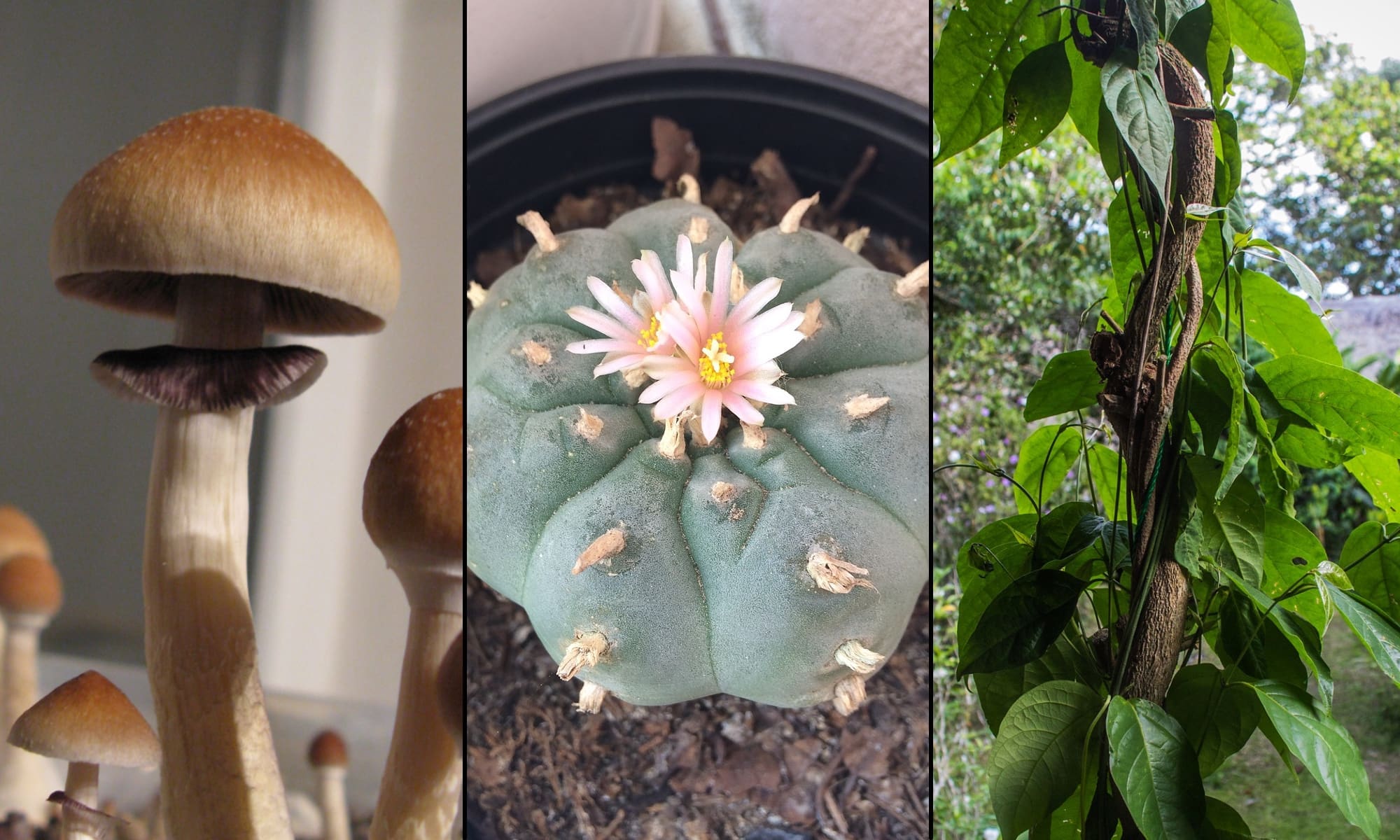Science & Health
Scientists Uncover ‘Strong Relationship’ Between Psychedelic Use And Connection With Nature

People who claim a stronger bond with nature following a psychedelic experience aren’t just blowing smoke, according to new research.
“We found a strong relationship between the amount of lifetime use of psychedelics and nature relatedness, as well as increases in nature relatedness from before to after psychedelic use,” researchers concluded in a study published last month in the International Journal of Environmental Research and Public Health.
To measure how psychedelics influence perspectives on nature, 654 people planning to take substances such as psilocybin mushrooms, LSD, ayahuasca, DMT, mescaline and ibogaine were invited by Imperial College London’s Centre for Psychedelic Research to take part in the online study. Participants were then sent email reminders “at multiple time-points before and after the indicated date of the experience.”
Using statistical analysis, the researchers found that “nature relatedness was significantly increased with two weeks, four weeks and two years after the psychedelic experience” and that participants’ experience boosted feelings of “well-being” when their attitudes toward nature increased.
In other words, psychedelic-induced appreciation for the natural world seems to correspond with psychological health.
“A significant positive association was observed between changes in nature relatedness and changes in psychological well-being,” the authors wrote.
“The here presented evidence…bears relevance for psychedelic treatment models in mental health and, in the face of the current ecological crisis, planetary health.”
Surprisingly, associations with nature were “not only sustained, but rather elevated even further after two years” following the experience. According to the authors, the participants could be experiencing a “positive-feedback-like effect,” where psychedelic use “led individuals to subsequently seek more exposure to nature,” thus reinforcing connections with the natural world.
“These findings point to the potential of psychedelics to induce enduring positive changes in the way humans relate to their natural environments,” the authors wrote.
The research team noted that the sample population’s baseline connection with nature was “substantially higher than demographically similar populations,” but that “may be explained by the psychedelic-experienced nature of the current sample—implying that prior psychedelic use had already caused an increase in nature relatedness.”
“It is an increasingly well-established principle that the quality of an individual’s acute experience under a psychedelic is predictive of subsequent long-term psychological outcomes—such as improvements in mental health.”
According to the researchers, this study is “the first empirical evidence for a causative role of psychedelic use in the enhancement of nature relatedness in a large sample of healthy participants.”
“By meaningfully connecting with nature during a psychedelic experience (especially so if the experience is within the context of pleasing natural surroundings), otherwise healthy individuals may be enticed to spend more time in nature in the future, thereby adopting healthier, more nature-related lifestyles,” the study concluded.
The research results come amid a growing nationwide movement to decriminalize psychedelics across the U.S. following successful campaigns last year to reform laws criminalizing psilocybin in Denver, and those covering a broader array of psychedelics in Oakland.
Decriminalize Nature, the aptly named group that led the Oakland campaign, is now spearheading similar efforts that have extended to nearly 100 other cities. Localities considering decriminalizing psychedelics next include Chicago, Berkeley and Dallas.
A separate group is working to qualify a statewide measure for Oregon’s 2020 ballot that would legalize psilocybin for therapeutic use. Additionally, activists in Portland also began collecting signatures last month for a local measure that would decriminalize a wide range of psychedelics such as mescaline and ayahuasca.
Meanwhile, California activists are aiming to place an initiative on the state’s ballot to legalize psilocybin for adult use.
The psychedelics movement is also reaching the presidential campaign, with Democratic contender Andrew Yang saying last month that he wants to make psilocybin mushrooms “more freely available,” especially for military veterans.
Andrew Yang Says Legalizing ‘Certain Drugs’ Can Hurt Cartels
Photo elements courtesy of carlosemmaskype and Apollo.




